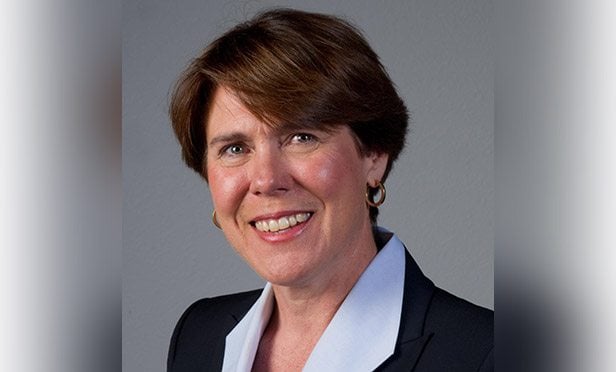
 Labor Department headquarters in Washington. (Photo: Mike Scarcella/ALM)
Labor Department headquarters in Washington. (Photo: Mike Scarcella/ALM)
It is hardly surprising that the Labor Department under Secretary Eugene Scalia has proposed a new advice rule that is designed to benefit the same financial firms who once kept Secretary Scalia busy challenging rules they found too worker- or investor-friendly.
But appearances must be maintained, so the Department is now out selling its proposal as benefiting the very workers it puts at risk.
In singing the praises of the Department's new proposal, Deputy Labor Secretary Patrick Pizzella devotes a significant portion of his recent ThinkAdvisor column to a discussion of the origins of the fiduciary standard.
It's an ironic choice, since the key characteristic of Labor's recently proposed advice standard is that it ensures that most of the advice workers and retirees rely on regarding their retirement investments will never be held to a fiduciary standard.
The department's regulatory package does this in two ways.
First, it reinstates a 1975 regulatory definition of fiduciary investment advice that is so rife with loopholes that financial firms can rest assured that they will only be regulated as fiduciaries when they choose to be (and they don't often choose to be).

 Barbara Roper is director of investor protection for the Consumer Federation of America.
Barbara Roper is director of investor protection for the Consumer Federation of America.

